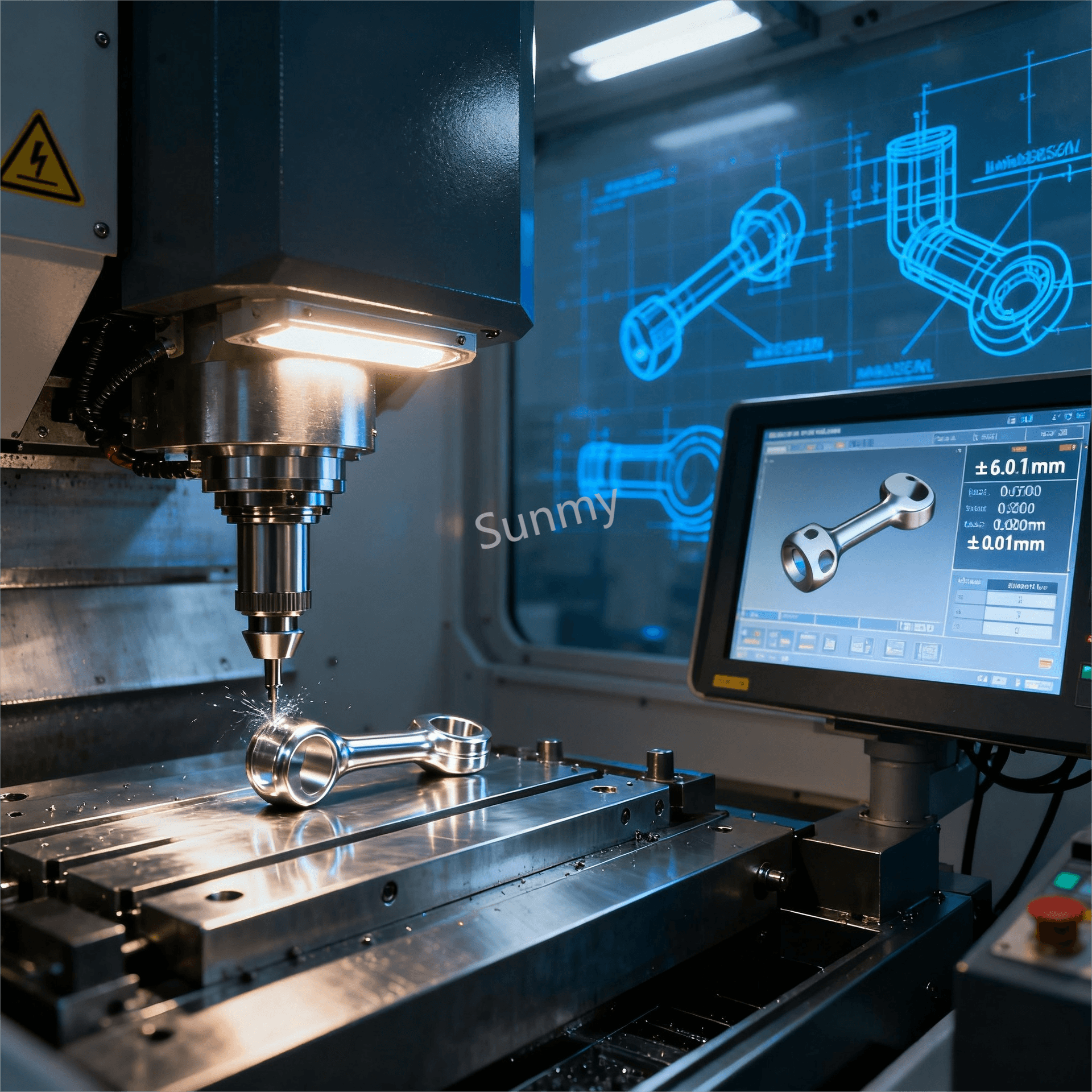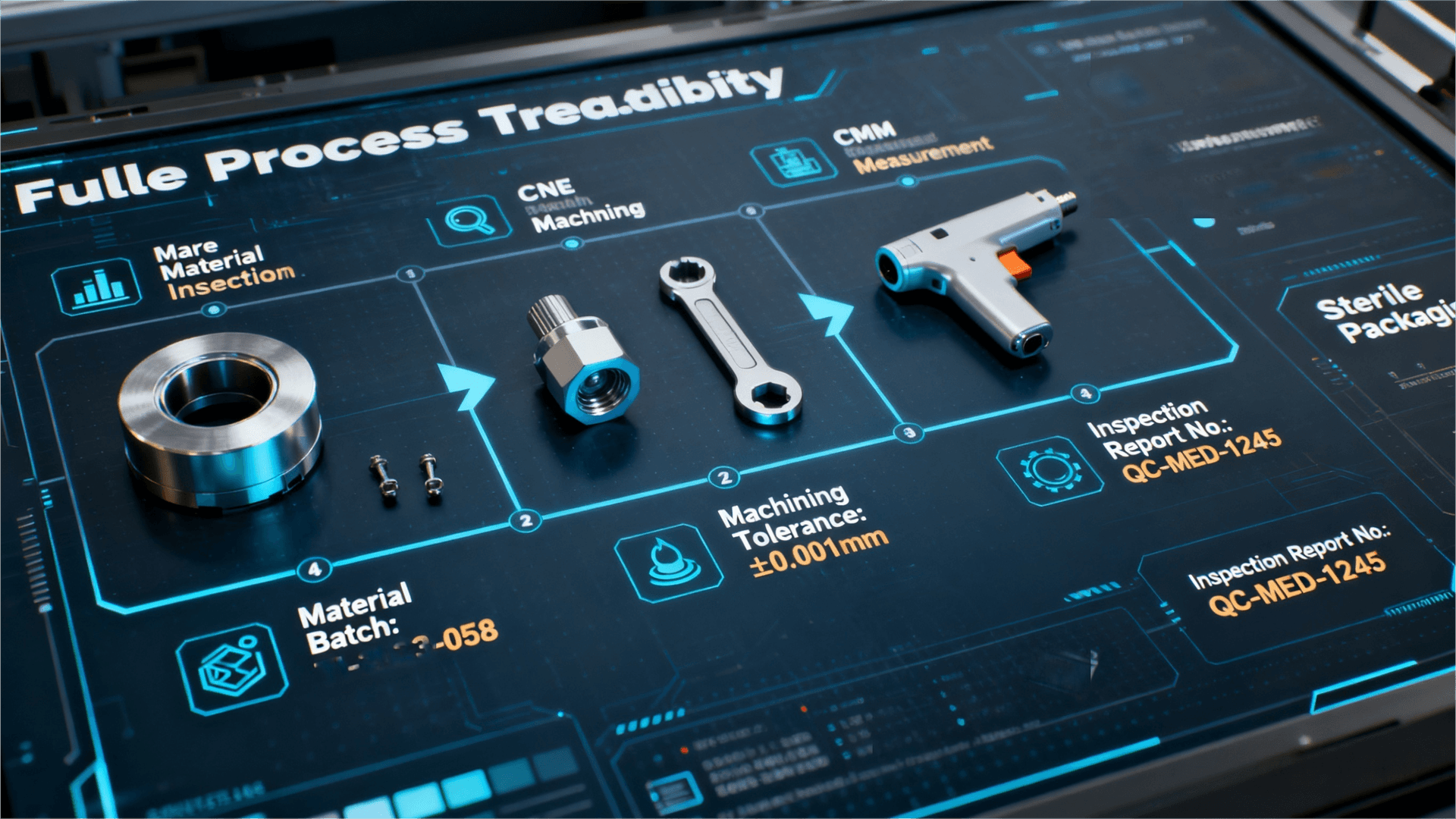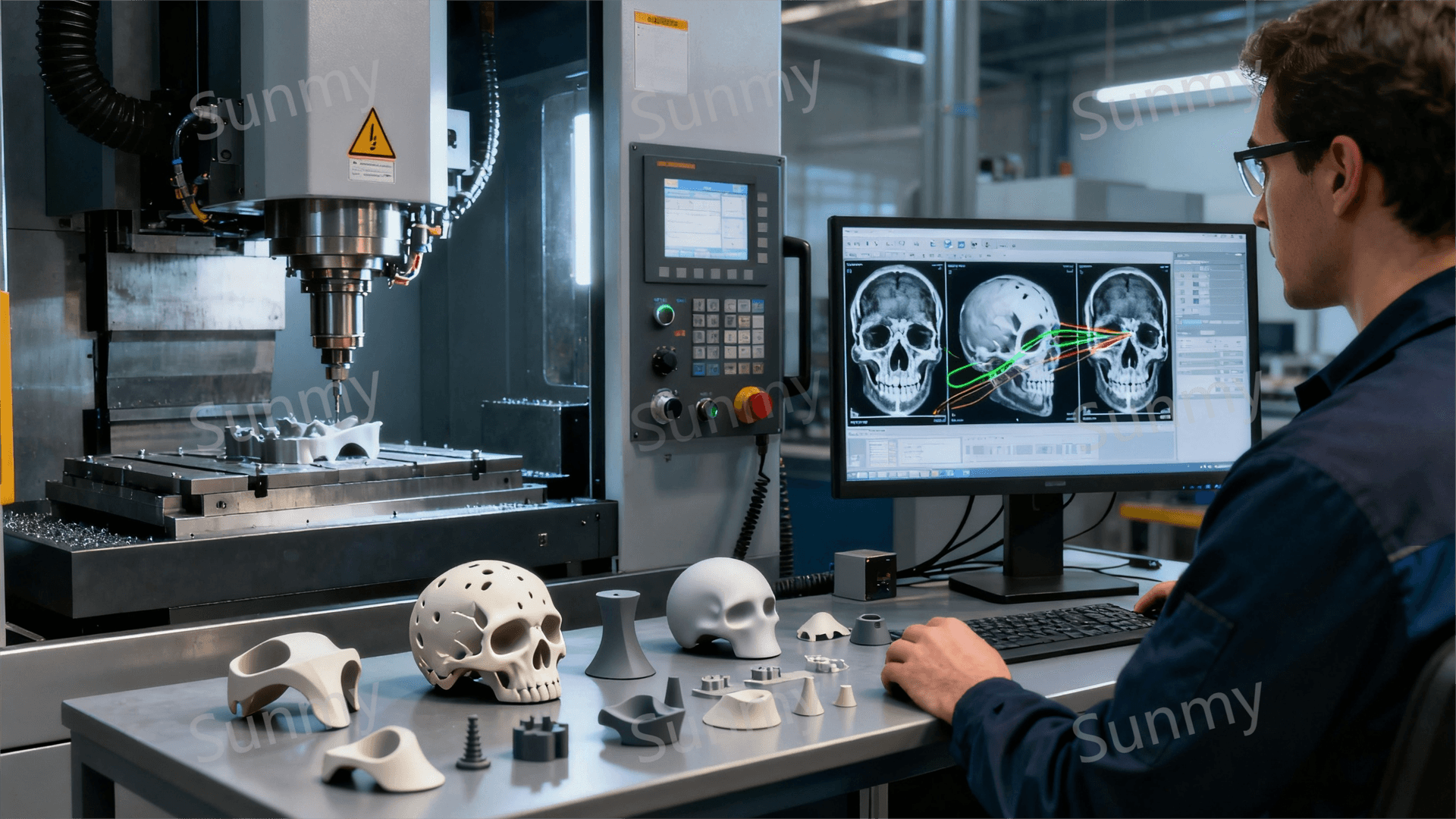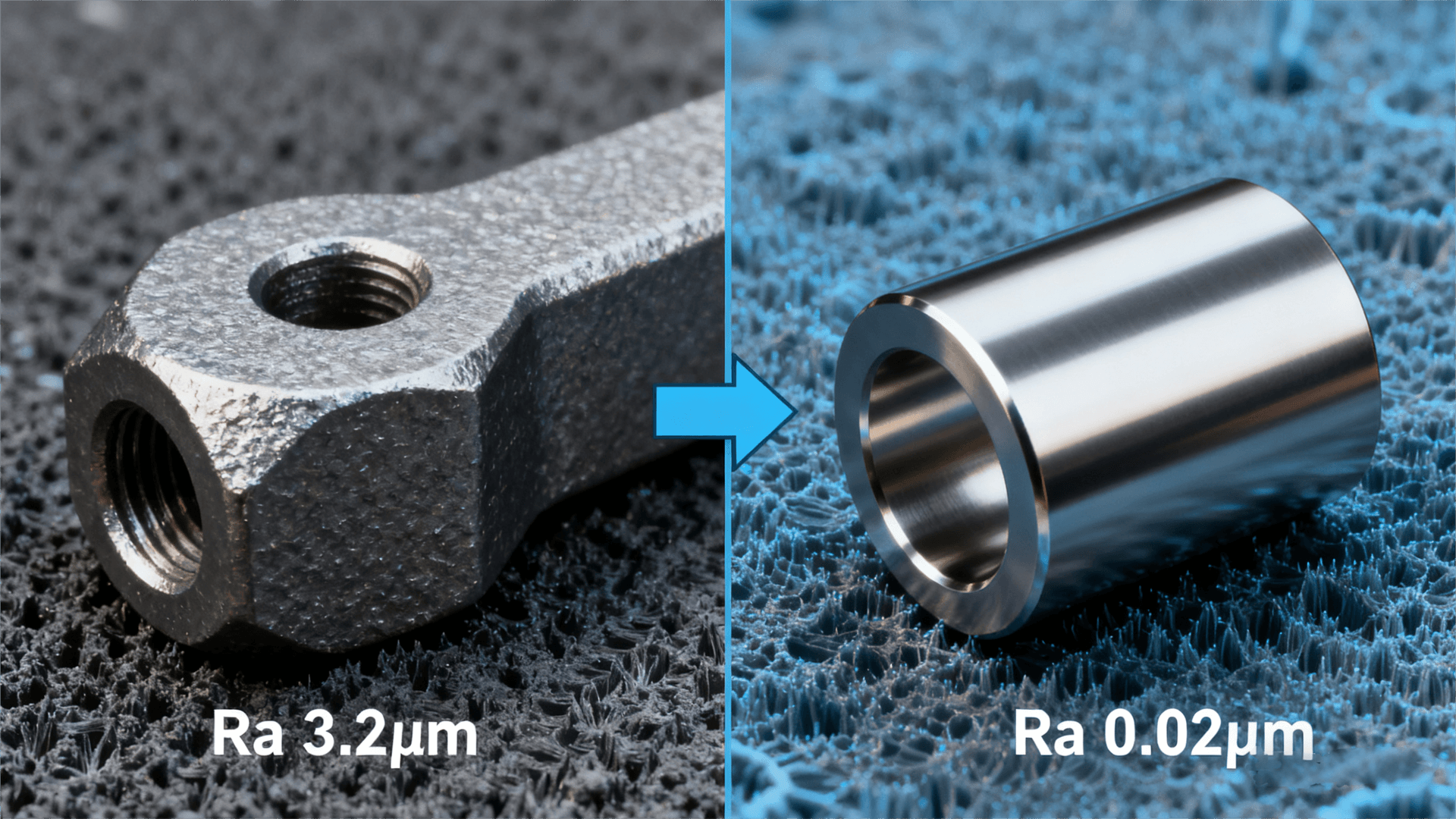Precision Machining's Impact on Medical Equipment Parts: Why Micron-Level Accuracy Saves Lives
In the medical industry, where a fraction of a millimeter can mean the difference between successful treatment and catastrophic failure, precision isn’t just a buzzword—it’s a lifeline. Medical equipment parts, from surgical tools to implantable devices, demand unparalleled accuracy, consistency, and reliability. This is where precision machining emerges as an unsung hero, shaping the future of healthcare through technological mastery. At Sunmy Hardware (www.sunmyhardware.com), we’ve spent decades refining our precision machining processes to meet the medical industry’s most stringent demands. Here’s why precision machining is irreplaceable in medical equipment manufacturing—and how it directly impacts patient safety, innovation, and industry progress.
1. Micron-Level Precision: The Foundation of Patient Safety

Medical devices operate in environments where margin for error is nonexistent. A surgical robot’s arm must move with sub-millimeter precision to avoid damaging vital organs; a pacemaker’s casing must seal perfectly to prevent fluid ingress; orthopedic implants (like hip or knee replacements) must match a patient’s anatomy exactly to avoid rejection or instability.
Precision machining delivers tolerances as tight as ±0.001mm—smaller than the width of a human hair. This level of accuracy ensures:
- Consistency across batches: Every part performs identically, eliminating variability that could compromise device functionality.
- Seamless integration: Components fit together without gaps, reducing wear, leakage, or malfunction in critical systems (e.g., MRI machines or infusion pumps).
- Biocompatibility: Implantable parts, machined from materials like titanium or PEEK (polyether ether ketone), require ultra-smooth surfaces to minimize tissue irritation. Precision machining achieves surface finishes (Ra) as low as 0.02μm, meeting ISO 10993 biocompatibility standards.
At Sunmy Hardware, our CNC machining centers and 5-axis mills are calibrated daily to maintain these tight tolerances, ensuring every medical part we produce adheres to life-saving precision.
2. Material Mastery: Machining the Unmachinable for Medical Use

Medical equipment parts rely on specialized materials to withstand sterilization, resist corrosion, and interact safely with the human body. From 316L stainless steel (for surgical tools) to ceramic (for diagnostic equipment) and even advanced composites, these materials are often notoriously difficult to machine.
Precision machining overcomes these challenges through:
- Advanced tooling: Diamond-tipped tools and carbide inserts cut through hard materials without compromising surface integrity.
- Adaptive machining: Real-time sensors adjust cutting speeds and feeds to prevent overheating—critical for heat-sensitive materials like nitinol (used in stents).
- Material-specific processes: For example, titanium, prized for its strength-to-weight ratio and biocompatibility, requires low cutting forces to avoid work-hardening. Our team at Sunmy Hardware uses proprietary cooling systems and optimized tool paths to machine titanium parts with zero defects.
By mastering these materials, precision machining enables the creation of devices that are both durable and safe—from disposable syringes to long-term implants.
3. Compliance and Traceability: Navigating the Medical Industry’s Rigid Regulations

The medical industry is governed by strict regulations, including FDA guidelines, ISO 13485 (medical device quality management), and EU MDR. These standards mandate rigorous documentation, traceability, and quality control—requirements that precision machining processes are uniquely equipped to meet.
Precision machining systems integrate:
- Digital traceability: Every part is tracked from raw material to final inspection via barcode or RFID, with data logs documenting tool paths, machine settings, and inspection results. This ensures full accountability in case of audits.
- Automated inspection: Coordinate Measuring Machines (CMMs) and optical scanners verify dimensions post-machining, generating reports that satisfy regulatory bodies. At Sunmy Hardware, we pair machining with in-line inspection to catch deviations before parts leave our facility.
- Process validation: We validate every machining program for medical parts through FMEA (Failure Mode and Effects Analysis) to identify and mitigate risks—ensuring compliance from prototype to production.
4. Accelerating Medical Innovation: From Prototyping to Mass Production

The medical industry thrives on innovation, from AI-powered diagnostic tools to personalized implants. Precision machining accelerates this innovation by bridging the gap between design and production:
- Rapid prototyping: CNC machining creates functional prototypes in days (not weeks), allowing engineers to test and refine designs quickly. For example, a custom surgical instrument can be prototyped, adjusted, and validated in under a week, speeding time-to-market.
- Scalability: Once a design is finalized, precision machining scales seamlessly from small-batch production (e.g., 100 custom implants) to mass production (e.g., 10,000 components for ventilators) without sacrificing quality.
- Customization: With 5-axis machining, we can produce complex, patient-specific parts—like cranial implants tailored to a CT scan—something traditional manufacturing methods can’t match.
Why Sunmy Hardware Is Your Trusted Partner for Medical Precision Machining
At Sunmy Hardware (www.sunmyhardware.com), we don’t just machine parts—we build partnerships with medical device manufacturers who prioritize safety, compliance, and innovation. Our commitment to excellence includes:
• ISO 13485 certification, ensuring our processes align with global medical standards.
• A team of engineers specializing in medical applications, from concept design to post-production support.
• Investment in cutting-edge technology, including automated machining cells and AI-driven quality control, to deliver consistent results.
Precision machining isn’t just about making parts small or accurate—it’s about enabling better patient outcomes, advancing medical technology, and building trust in healthcare systems worldwide. When you choose a precision machining partner, you’re choosing a collaborator in saving lives.
Ready to see how our precision machining capabilities can elevate your medical equipment? Visit www.sunmyhardware.com to explore our case studies, certifications, and service offerings. Let’s build the future of healthcare—one micron-perfect part at a time.
Keywords: precision machining for medical parts, medical equipment precision components, ISO 13485 precision machining, titanium medical part machining, 5-axis machining for medical devices, Sunmy Hardware medical machining
